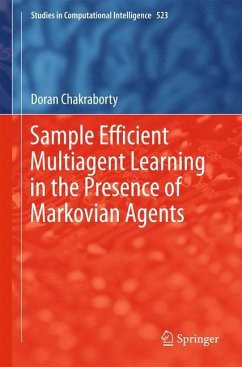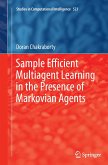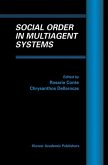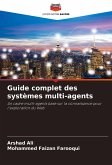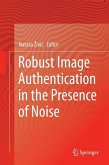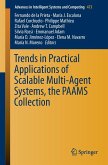The problem of Multiagent Learning (or MAL) is concerned with the study of how intelligent entities can learn and adapt in the presence of other such entities that are simultaneously adapting. The problem is often studied in the stylized settings provided by repeated matrix games (a.k.a. normal form games). The goal of this book is to develop MAL algorithms for such a setting that achieve a new set of objectives which have not been previously achieved. In particular this book deals with learning in the presence of a new class of agent behavior that has not been studied or modeled before in a MAL context: Markovian agent behavior. Several new challenges arise when interacting with this particular class of agents. The book takes a series of steps towards building completely autonomous learning algorithms that maximize utility while interacting with such agents. Each algorithm is meticulously specified with a thorough formal treatment that elucidates its key theoretical properties.
From the book reviews:
"The book presents the PhD findings of the author in the field of multiagent learning. ... All the concepts are thoroughly described and accompanied by theoretical analysis and empirical testing. A book suitable for researchers working in multiagent learning and game theory." (Ruxandra Stoean, zbMATH, Vol. 1288, 2014)
"The book presents the PhD findings of the author in the field of multiagent learning. ... All the concepts are thoroughly described and accompanied by theoretical analysis and empirical testing. A book suitable for researchers working in multiagent learning and game theory." (Ruxandra Stoean, zbMATH, Vol. 1288, 2014)

